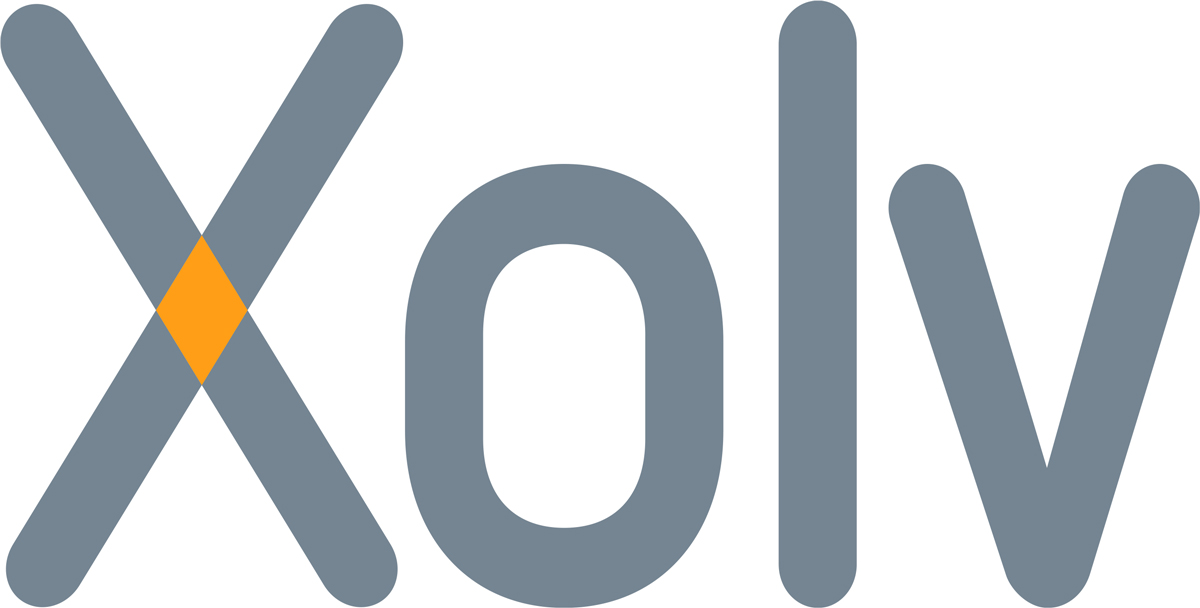What is the pledge ban?
Large companies in particular often include a clause in their general terms and conditions and contracts prohibiting their (often smaller) suppliers from pledging (or otherwise disposing of or encumbering) claims arising from the collaboration. They do this to not be unexpectedly confronted with an unknown third party coming to claim the claim. Another reason may be that the company wants to avoid paying to the wrong party by mistake.
The lienholder is often not authorised to make agreements on discount or discharge in case of disagreement on delivery, which means the buyer has to have discussions with two parties instead of one. In itself, there is nothing wrong with this. After all, in the Netherlands we have a far-reaching form of contractual freedom, which allows this kind of mutual agreement. When supplier and buyer have an equal negotiating position, this should be possible. When the supplier is an SME and the buyer is a large company, there is no such equality. In such a case, the SME is not in a position to refuse such a pledge ban.
The consequences of the pledge ban
One of the consequences of the pledge ban is that the SME cannot validly pledge the claim arising after delivery to its financier. Large banks often do not look at this very critically, as they rely more on the balance sheet position of the borrower and assign only a limited collateral value to receivables. Specialised factoring companies that grant credit up to 90% of receivables do pay close attention to these kinds of contractual limitations. They are often unwilling to finance these claims or at least impose restrictions. Because the buyers who are subject to a pledge prohibition are often a relatively large proportion of the debtor portfolio, this can be a significantly lower funding result.
Moreover, large companies often apply longer payment periods than usual. Take Wehkamp, which applies payment terms of up to 90 days after the invoice date in addition to a pledge ban. An example followed (unilaterally) by several large companies during the corona crisis. The payment term is now regulated by law at 60 days, but the government wants to reduce this to 30 days. Read more about this in our article 'From 60 to 30 days: entrepreneurs must get paid faster'.
End of pledge ban: more funding for SMEs
It is clear that Pledge bans are particularly unfavourable for SMEs. MKB-Nederland has therefore been trying for years to get these bans scrapped. The Dutch Banking Association (NVB) has also been fighting for an end to the pledge ban for years. Minister Dekker announced back in February 2018 that he was going to make an effort for this; two and a half years later, there is (finally) a bill. It is to be hoped that Dekker manages to get the bill through the Lower and Upper Houses soon, because a legal ban on pledging would greatly benefit lending to SMEs.
The NVB and the umbrella of Dutch factoring companies FAAN estimate that SMEs almost 1 billion euros more can borrow if they are allowed to pledge their receivables to banks and other financiers. Especially in the current corona crisis, this is more than welcome, agrees Minister Dekker. 'Especially in these economically uncertain times, broadening credit possibilities and the liquidity position is of great importance for many SMEs,' Dekker's ministry writes to parliament.
Critical comments
Incidentally, the abolition has also been criticised. There are scholars who argue that abolishing the pledge prohibitions would violates the right to freedom of contract. Further, in the event of any bankruptcy of the buyer, it brings the banks (as pledgees) in a stronger position than other suppliers. Not everyone is happy about that either.
Nevertheless, Dekker is therefore pushing ahead with his plans, also in view of the fact that the Netherlands lags behind surrounding countries in this area. In Germany, France and Austria, for instance, entrepreneurs have been allowed to use their receivables as collateral for credit for much longer. 'It is important for the Netherlands to follow, otherwise it will be at the expense of our competitiveness', finds the minister.
Wondering what the end of the pledge ban means for you? Xolv Finance can take care of your debtor portfolio via a quick scan Check for pledge prohibitions and provide advice on fundability. Our specialists will be happy to help.



